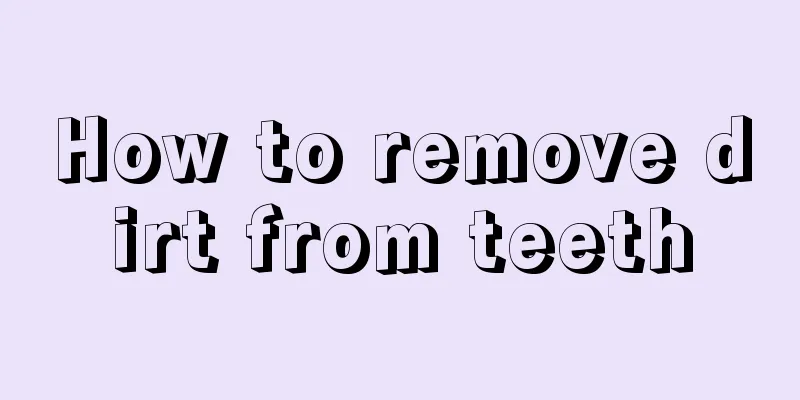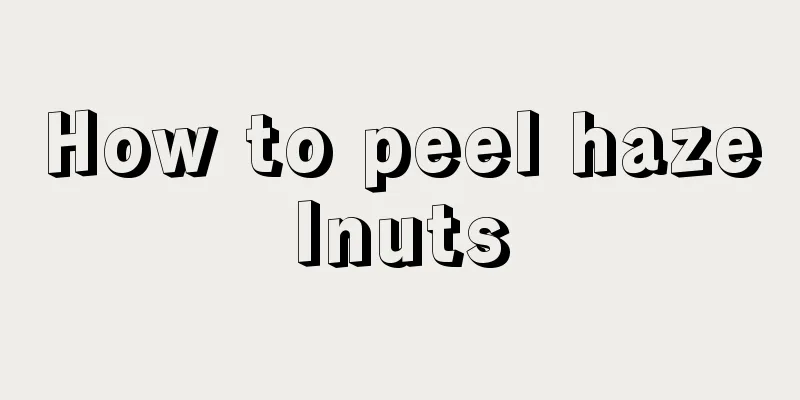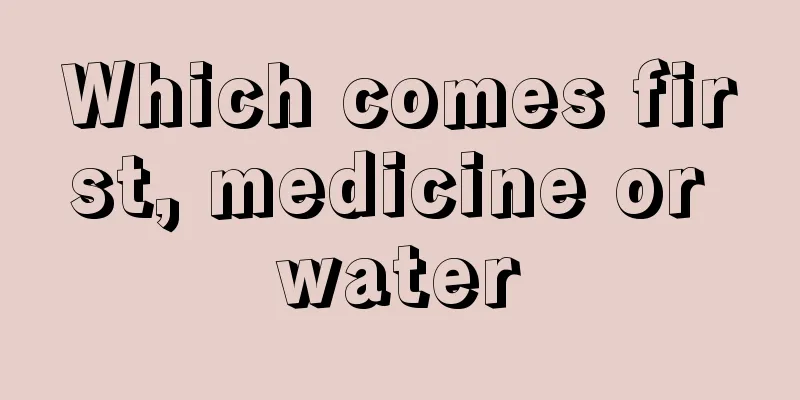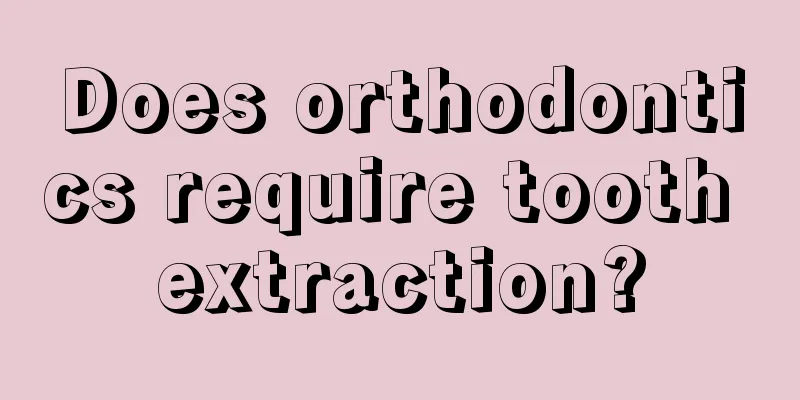How to remove dirt from teeth

|
Because today's parents don't understand the need to protect their children's oral cavity, their children's teeth will become worse and worse. In addition, many parents will overprotect their children's teeth and end up not brushing their children's teeth or cleaning their teeth. In fact, starting from the age of zero, all growing teeth should be cleaned. Even if only one tooth is grown, it is very important to take good care of the child's teeth. Many parents do not understand the care and prevention of oral health and oral diseases in young children, nor do they know how to cultivate good oral and dental cleaning habits in their children. Some parents think that their children's deciduous teeth will be replaced by permanent teeth anyway, so it doesn't matter whether they brush their teeth or not. Therefore, they do not pay attention to the protection of their children's deciduous teeth, let alone the cultivation of their children's oral hygiene habits. As a result, their children develop tooth decay. At this time, parents do not repair their children's decayed deciduous teeth in time, resulting in an increasingly high incidence of tooth decay in young children, which brings great pain to the children. In fact, parents should let their children know about protecting teeth and preventing oral diseases from an early age. As children grow older, parents should strengthen their oral health awareness, develop good oral hygiene habits, and reduce oral diseases. Let your children know that only by protecting the deciduous teeth can the normal eruption of permanent teeth be achieved. Protect your teeth from scratch Many parents believe that it is the teachers’ responsibility to develop good oral hygiene and toothbrushing habits in children after they go to kindergarten, because by then the children’s baby teeth have grown in and they are aware of the need to develop habits. In fact, parents should pay attention to their children's oral hygiene from the age of 0 and start cleaning their children's mouths before their teeth come out. For example, after feeding your child every time, use gauze to clean up food residues in time and massage the gums, which will help the healthy development of teeth. When the child is 2 to 3 years old, parents should buy children's toothbrushes and toothpaste, teach him how to brush his teeth, and encourage him to persevere. After the child is 3 years old, parents can educate him about oral health knowledge. Tell the child to brush his teeth in the morning and evening, rinse his mouth after meals, eat less sweets and more vegetables and fruits, not eat snacks before going to bed, not be picky or partial eaters, and other simple oral health knowledge to let the child understand the importance of oral health. Parents can arouse children's curiosity by telling stories, looking at pictures, and learning nursery rhymes, and teach them to recognize their teeth. They can tell children that the teeth that grow after birth are called deciduous teeth. When they are 5 to 6 years old, the deciduous teeth will slowly fall out, and the new teeth that grow are called permanent teeth. If permanent teeth are decayed or knocked out, they will not grow again, so we must protect our teeth from an early age, pay attention to dental hygiene, and let children understand the importance of brushing and rinsing their mouths. Correct bad living habits Children have poor self-discipline and will unknowingly develop many bad habits, which can cause great damage to their teeth and oral cavity. Finger sucking This will cause obvious malocclusion of the child's teeth. Licking tongue Licking loose deciduous teeth or newly grown permanent teeth with your tongue during the tooth replacement period will cause a partial open bite between the upper and lower teeth, and gaps will appear between the teeth. Biting your lips Frequent biting of the upper lip may cause the front teeth to cross-bite and the lower jaw to protrude forward; biting the lower lip will cause the upper front teeth to protrude and the lower jaw to recede, and the upper lip will become thick and short, in an open state, with the teeth exposed. One-sided chewing In the later stage of the development of deciduous teeth, it is easy to develop a unilateral chewing habit. Due to the loss of deciduous teeth, the normal chewing function of one side of the teeth is affected. If this habit is not corrected for a long time, it will cause asymmetry in the development of the left and right sides of the face, and may also cause caries and other periodontal diseases. |
<<: Is chewing gum good for teeth?
>>: How long after teeth cleaning can I eat
Recommend
How to care for advanced lung cancer? 3 nursing methods for advanced lung cancer
Lung cancer is a disease that is prone to occur f...
Is it better to have a rhinoplasty with thread carving or a prosthesis
In modern society, rhinoplasty surgery has been r...
What are the symptoms of gastrointestinal discomfort?
In fact, gastrointestinal disharmony will cause p...
What foods are good for pigmentation caused by burns
We usually use hot water almost every day, and we...
What are the sequelae of bile duct cancer? These three points need attention
Cholangiocarcinoma can lead to decreased liver fu...
What can't you eat if you have ovarian tumor
Do not eat stale, spoiled or irritating food. Try...
Extraskeletal Ewing sarcoma
Tumors may occur anywhere in the body, and the tr...
What are the symptoms of blood disease on the skin
The occurrence of many diseases means that there ...
My butt itches in the middle of the night
When you find your butt itchy in the middle of th...
How to perform ovarian tumor surgery
Ovarian cysts are divided into two categories: ph...
How to open a hard-shell coconut
Coconut shells are relatively hard. If you don’t ...
Can beeswax come into contact with water?
Beeswax is actually a variety of amber, which mai...
What are the symptoms of muscle loss?
Muscles are the most important force-output tissu...
Are lemon trees poisonous when grown indoors?
Many people like the scent of lemon, which can re...
Is anal fistula hemorrhoids?
Anal fistula and hemorrhoids are both common anor...









